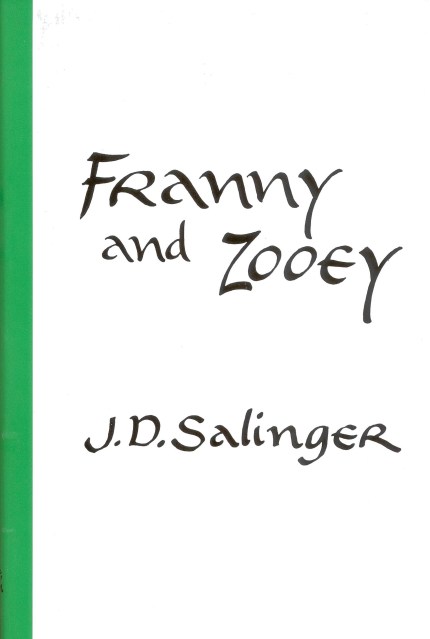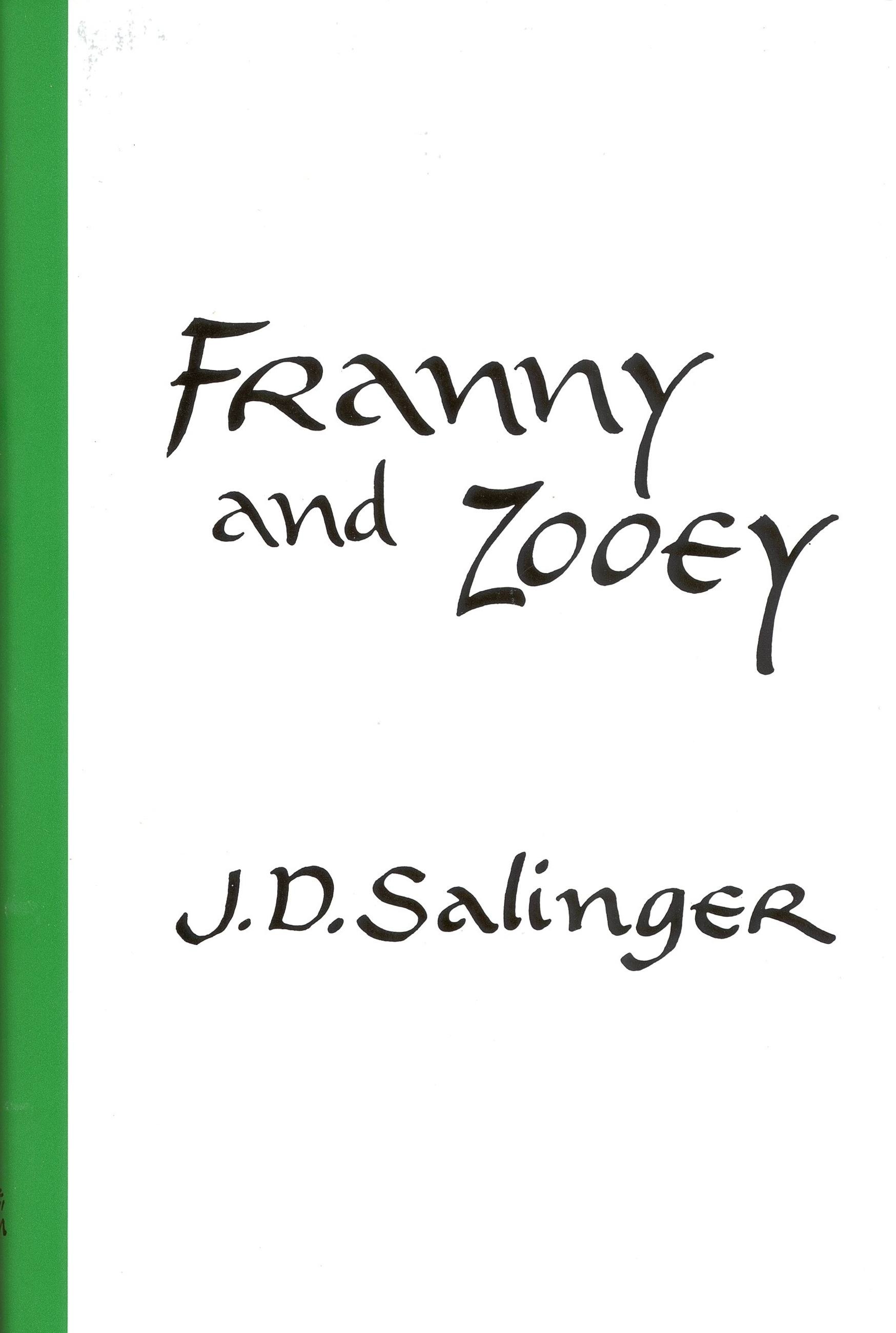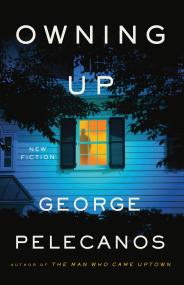Promotion
Use code MOM24 for 20% off site wide + free shipping over $45
Franny and Zooey
Contributors
Formats and Prices
Price
$27.00Price
$34.00 CADFormat
Format:
This item is a preorder. Your payment method will be charged immediately, and the product is expected to ship on or around January 30, 1961. This date is subject to change due to shipping delays beyond our control.
Also available from:
“Perhaps the best book by the foremost stylist of his generation” (New York Times), J. D. Salinger’s Franny and Zooey collects two works of fiction about the Glass family originally published in The New Yorker.
“Everything everybody does is so–I don’t know–not wrong, or even mean, or even stupid necessarily. But just so tiny and meaningless and–sad-making. And the worst part is, if you go bohemian or something crazy like that, you’re conforming just as much only in a different way.”
A novel in two halves, Franny and Zooey brilliantly captures the emotional strains and traumas of entering adulthood. It is a gleaming example of the wit, precision, and poignancy that have made J. D. Salinger one of America’s most beloved writers.
Genre:
- On Sale
- Jan 30, 1961
- Page Count
- 208 pages
- Publisher
- Little, Brown and Company
- ISBN-13
- 9780316769549
Newsletter Signup
By clicking ‘Sign Up,’ I acknowledge that I have read and agree to Hachette Book Group’s Privacy Policy and Terms of Use







